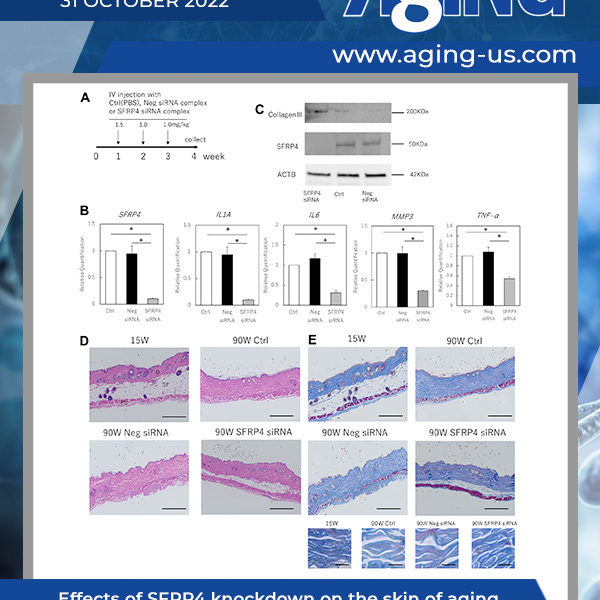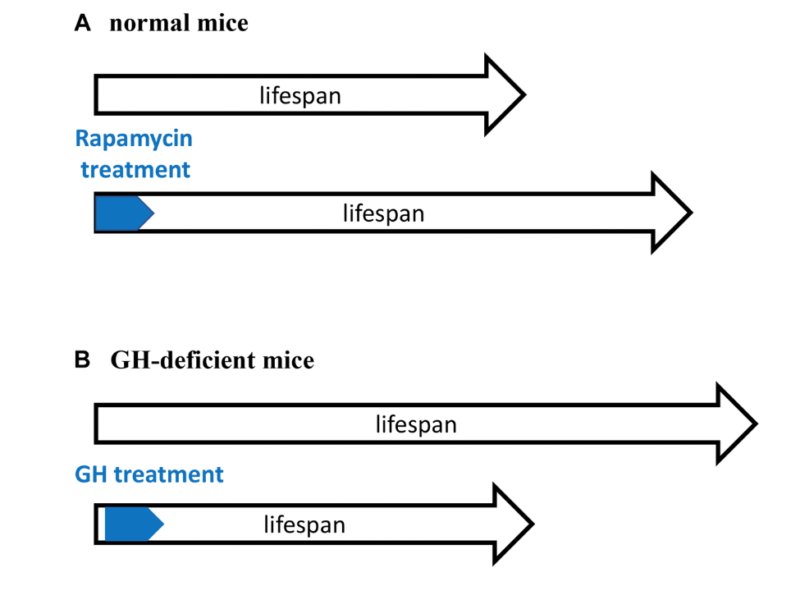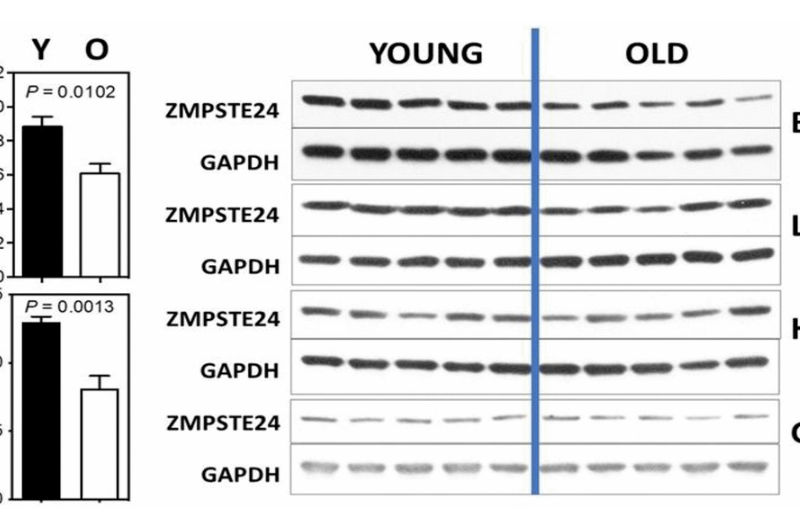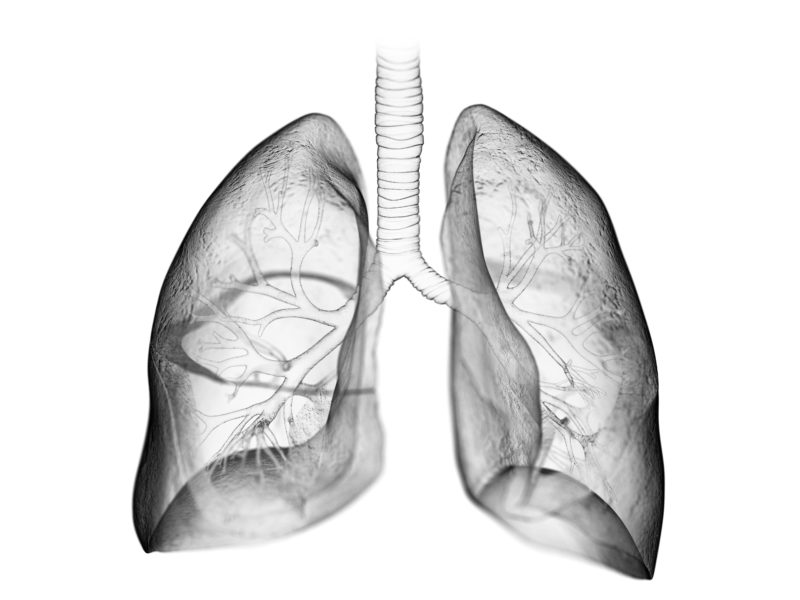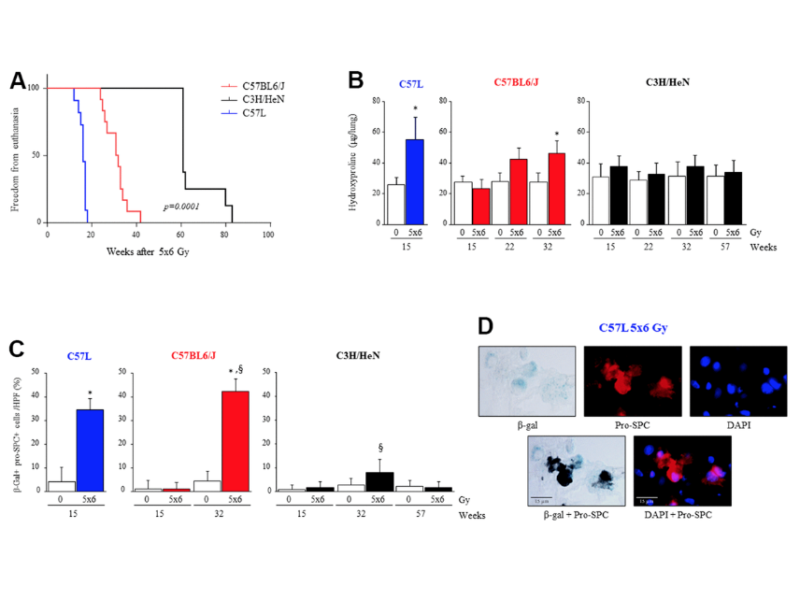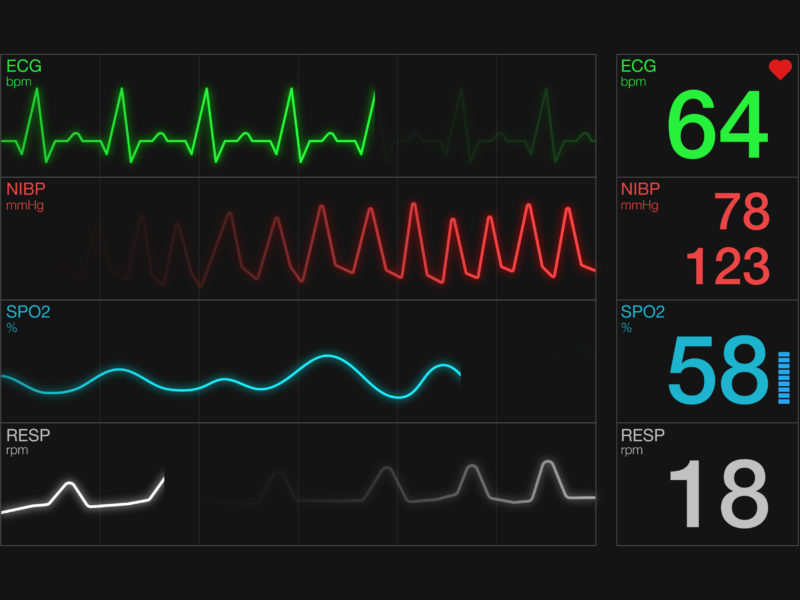There is growing evidence that the appearance and texture of the skin that is altered during the aging process are considerably enhanced by the accumulation of senescent dermal fibroblasts. These senescent cells magnify aging via an inflammatory, histolytic, and senescence-associated secretory phenotype (SASP)…
Aging-US Research
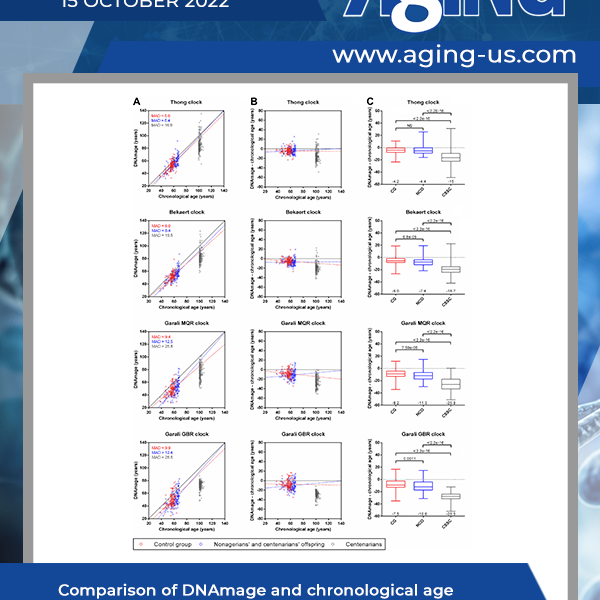
In the present study, researchers estimated the DNA methylation-based age (DNAmage) using four epigenetic clocks based on a small number of CpGs in French centenarians and semi-supercentenarians (CSSC, n=214) as well as nonagenarians’ and centenarians’ offspring (NCO, n=143) compared to individuals from the French general population (CG, n=149)…
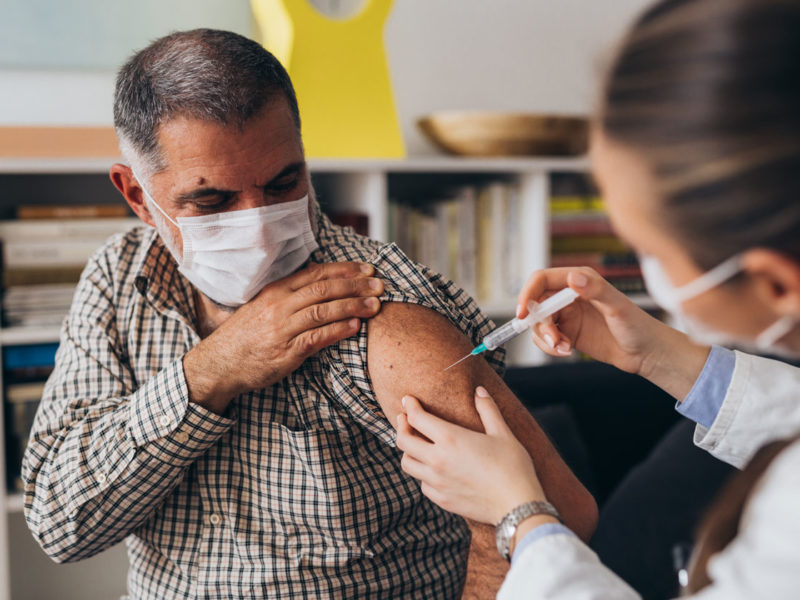
In a trending new study, researchers investigated the efficacy of an adenoviral-based COVID-19 vaccine in elderly patients.
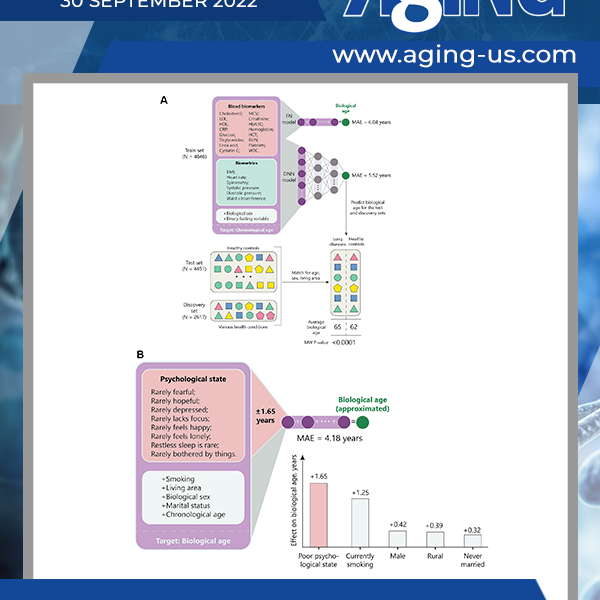
The researchers have developed a deep learning aging clock using blood test data from the China Health and Retirement Longitudinal Study, which has a mean absolute error of 5.68 years. They used the aging clock to demonstrate the connection between the physical and psychological aspects of aging…

